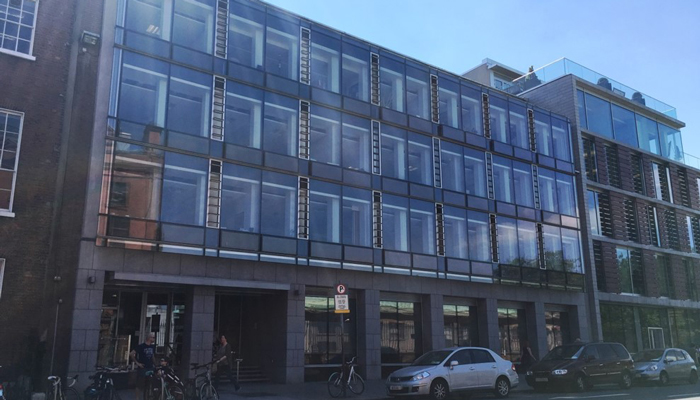As the news broke that the third of Ireland’s level-five lockdowns would be extended into March, the grim reality of the current situation for people across the country really set in.
While the Christmas period brought moments of brightness – the opportunity to see friends and family and the news of the vaccines rollout – this week’s news signalled nothing but a continuation of the difficult circumstances that life presents at the moment. Gone are the heady days of the first lockdown, when bright evenings spent in gardens reading and relaxing made the lockdown feel more like an enforced holiday rather than a necessary step to slow a pandemic.
As we face into another month – at least – of lockdown, mental health and wellness becomes all the more important, and all the more difficult to manage.
It is very possible that this moment is the nation’s collective all time low for mental health. There seems to be one prevailing feeling amongst many people who are struggling at the moment: that they have issues that are affecting them negatively but that reaching out to professional services – be it counsellors, hotlines or any of the many mental health supports in place – is not an option as their problems “aren’t big enough”.
Many people see mental-health services as an important facility, but ones that are reserved for the worst moments in people’s lives
Many people see mental health services as an important facility, but ones that are reserved for the worst moments in people’s lives, when the world has become a freefall and it’s impossible to get your head above water to take a breath.
These supports are there for exactly that, and in this role, they are saving lives, not unlike how healthcare workers battling the coronavirus are saving lives. But, in the same way that a visit to the doctor is not solely reserved for when you are on the brink of death or your leg has been hacked off at the knee, seeking professional help for your mental health does not need to be reserved for moments of crisis.
If something is negatively affecting your life and your ability to function happily, those services are there to assist you. As this pandemic has shown, you only have to have a cough to warrant phoning your doctor. In the same way, if you have an issue which is making your life miserable, you can go and engage with these services to get help. That is what they are there for.
I can attest to this, as I have been on both sides of this same coin. I have been in the freefall I just described where reaching out to my GP quite literally saved my life. I have leaned on counselling to help me with all sorts of issues that may seem big and small from the outside, but that were still affecting me.
If something is negatively affecting your life and your ability to function happily, those services are there to assist you.
I have worked extensively with a counsellor over the last few years, beginning with a time where I could not function: I was crippled with anxiety about existing anywhere bar my room and was in the pits of a depression that took months to crawl out of. I am now at a point where my counselling sessions are more of a top up and a recharge, a space where I can discuss problems that arise in my life with no judgement or fear.
These sessions are no longer on issues of life or death but they are still as vital to my mental health and maintaining a balance in my life to help me function. This is what most counselling entails, and the sentiment that something is too small to be important is patently untrue – whatever is disrupting daily life and the ability of someone to be themselves is more than enough for any person anywhere to feel happy and comfortable seeking help.
Another prevailing sentiment that I have seen is that people feel like making use of mental health services will somehow take away from the ability of crisis helplines to operate or crisis counselling to exist and so they don’t want to selfishly take away from someone who may need to avail of these services. This, again, is a tragic sentiment, as anyone participating in counselling will never take away from these services operating and existing at the necessary levels for people in crisis to get the help they need. It is not one or the other – placing counselling on a higher pedestal, reserved for those who supposedly need it the most, only exacerbates the stigma around seeking help and preventing issues from spiralling to the point of crisis.
The sentiment that something is too small to be important is patently untrue
As the nation continues to grapple with another lockdown-induced battle with mental health, we should try and take this time to normalise seeking help, to normalise accepting help no matter what your circumstances – and to normalise the fact that sometimes we all need a helping hand to live our best lives.
If you have been affected by, or would like to discuss any of the issues raised in this article, you can contact the Welfare Officer of Trinity College Dublin Students’ Union by emailing welfare@tcdsu.org. Emergency appointments with the Student Counselling Service are also available. You can phone Niteline, the student listening service, every night of term from 9pm–2:30am on 1800 793 793, or the Samaritans at any time on 116 123.







